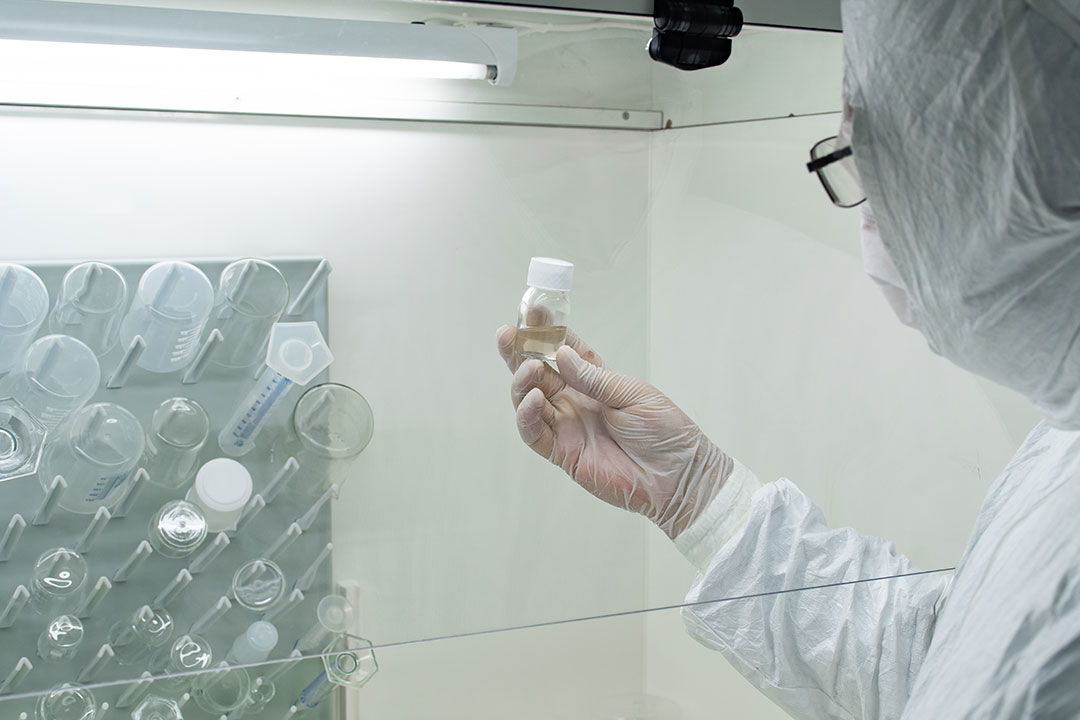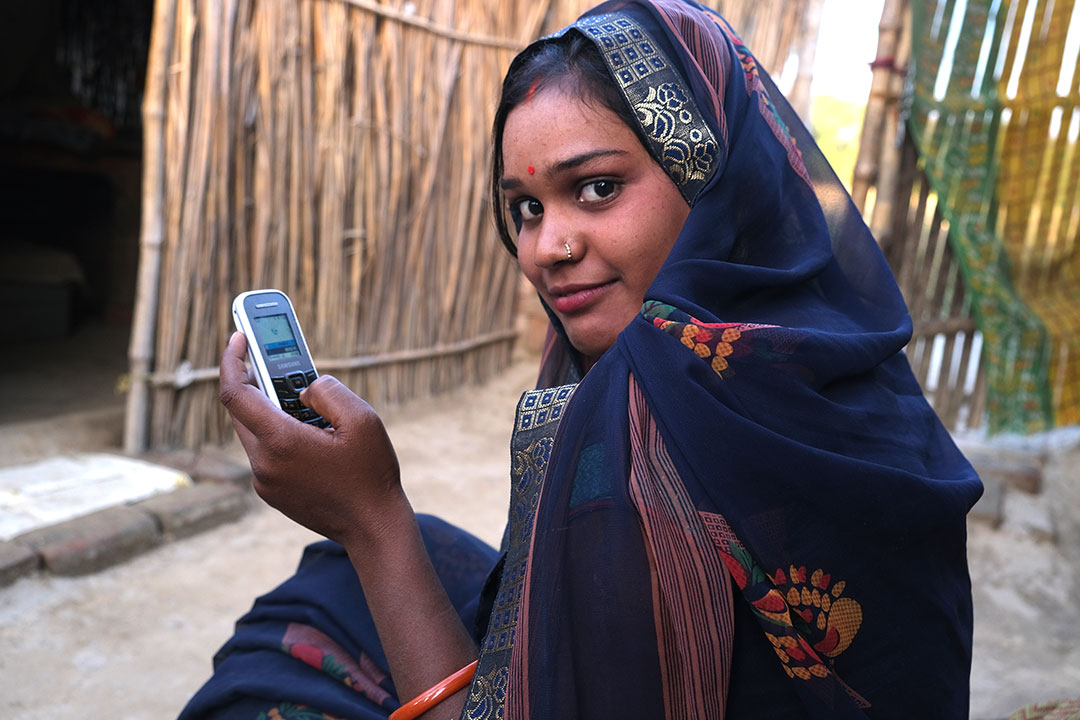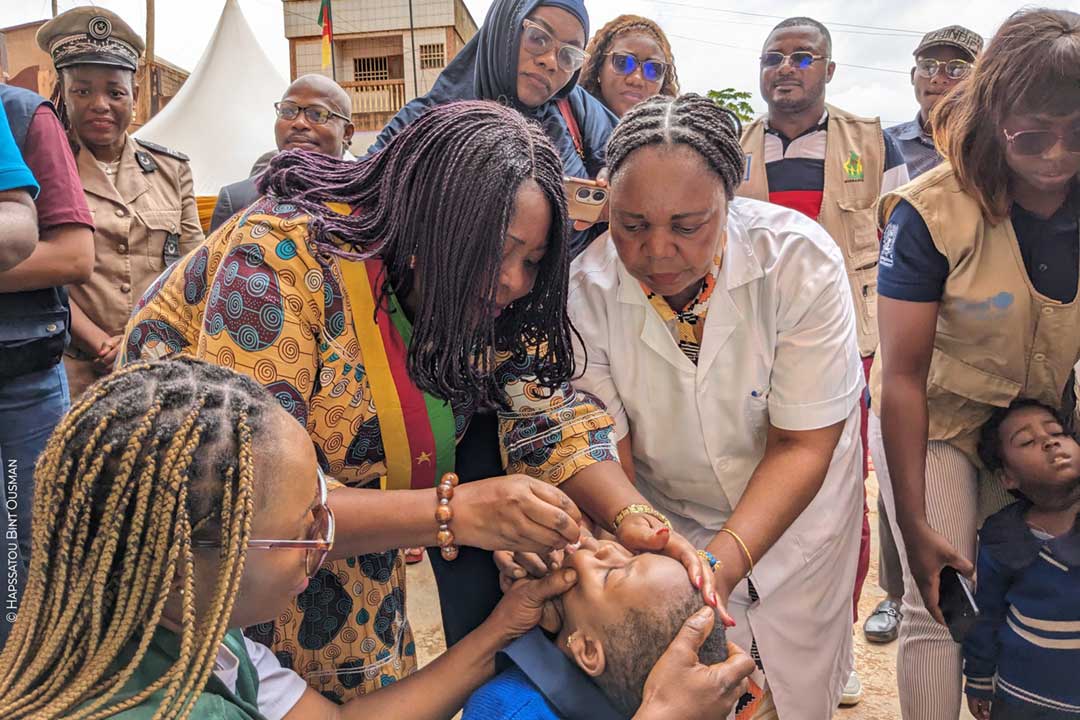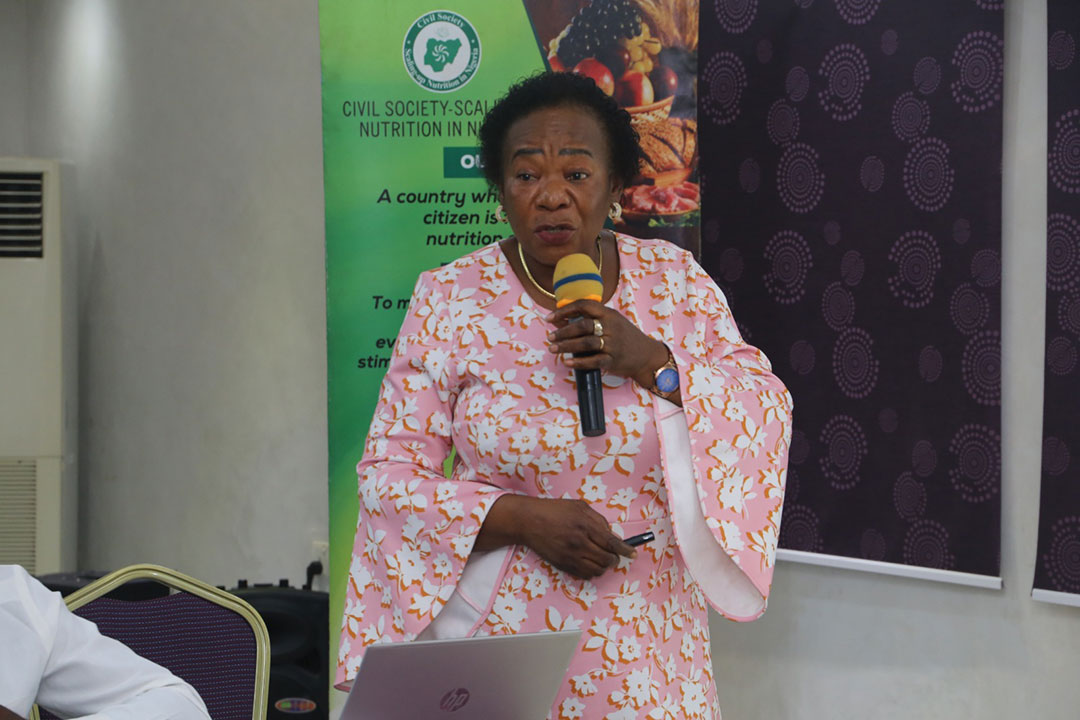In rural Cameroon, community health workers are a vital bridge to care
Cameroon’s hospitals and clinics are critically short-staffed. It’s up to community health workers like Sherika Joan, to bridge – sometimes literally – the health care gap.
- 8 March 2024
- 3 min read
- by Nalova Akua

Sherika Joan, 57, from remote Mbonso village in Cameroon's north-western region, didn't dream of becoming a community health worker, having abandoned her elementary education during childhood. But watching her son receive life-saving treatment as he battled the measles virus some 30 years ago inspired her to take up a spot on the frontline of public health.
"I was touched by the care given to my child by medics in the hospital. After my child survived the measles attack, I decided to become a community health worker so as to help other children, too."
Sherika Joan
Joan was still recovering from the loss of her husband when her son, one of eight children, fell sick with severe measles. "The child had skin rashes all over him. His eyes were reddish and watery. He could barely eat. We spent over two weeks in the hospital," recalls Joan. "I was touched by the care given to my child by medics in the hospital. After my child survived the measles attack, I decided to become a community health worker so as to help other children, too," Joan tells VaccinesWork during a telephone chat.
Today, Joan is a community health worker (CHW) at Mbonso Integrated Health Centre.
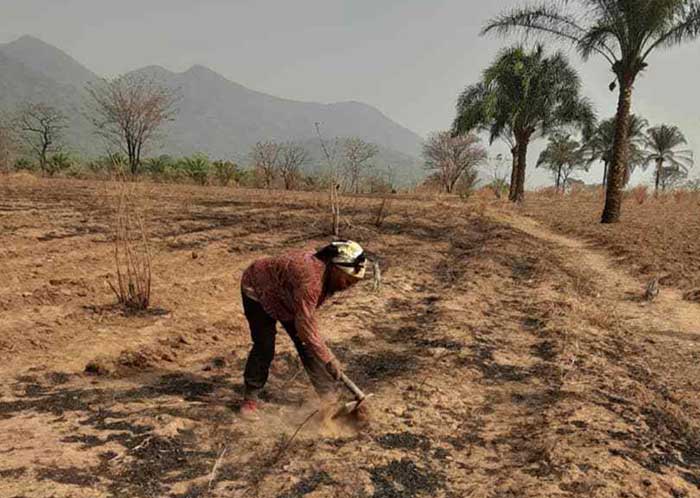
Credit: Bernyuy Denis
Like most CHWs worldwide, Joan lives in the community she serves. She, like many of her millions of peers around the world, has no professional qualifications to speak of, but, as the World Health Organization explains, CHWs are essential when it comes to extending health care services to vulnerable populations. That includes communities living in remote areas, and historically marginalised people, whom CHWs help meet unmet health needs in a culturally appropriate manner.
Have you read?
The CHW ranks become even more essential when the higher echelons of the health care pyramid are short-staffed. While WHO estimates that at least 2.5 medical staff – physicians, nurses, and midwives – are required per 1,000 people for the adequate delivery of primary care interventions, Cameroon has just 0.1 doctor per 1,000 people, and 0.2 midwives and nurses.
Communities, in other words, depend a great deal on CHWs like Joan, who, against all odds, perform their work with little or no compensation.
In Mbonso, Joan is nicknamed "The Queen," in recognition of her selfless services – answering the doctor's call at every given moment. Besides fronting routine vaccination campaigns in the volatile region, Joan has also assisted hundreds of women to safely give birth. "Hospitals are situated far off from where many villagers live," Joan says. "Some women approach me when they are already on the verge of giving birth. I assist them in delivery and later accompany them to the hospital."
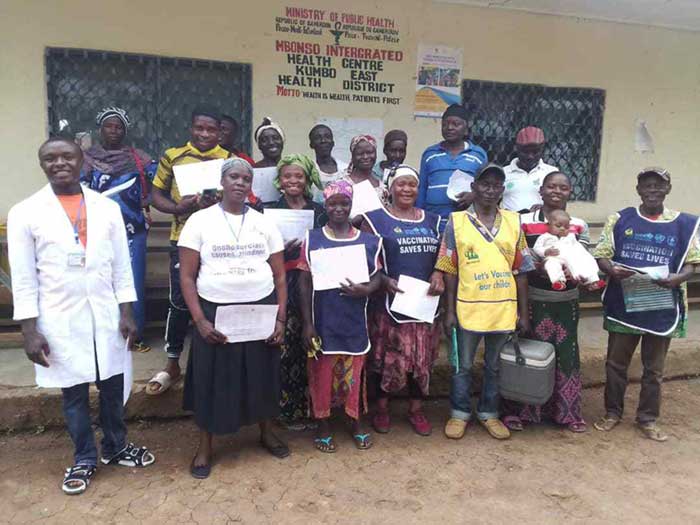
Credit: Bernyuy Denis
She further explains: "Before conducting every delivery, I pray: 'God, help me achieve this because I don't have the strength to do it.'" She says she doesn't charge a penny for what she does. "At times, good Samaritans offer me a symbolic gift, such as soap, in appreciation for what I do."
A bridgeless stream called River Myrin flows through Mbanso village. Crossing it to accompany pregnant women to hospital, or to administer routine vaccines to children, is usually a daunting task for Joan. "Each time that I am crossing this stream, I entrust my life to Almighty God," Joan tells VaccinesWork.
"I have crossed the stream several times while carrying many newborns to the health centre or going to the other part of the community to vaccinate children." Quizzed about the risk of being swept away by the violent stream, Joan says the desire to have every child vaccinated across the community overrides all else. "I always use a walking stick to cross the river. Before you know it, you have finished crossing it."
More from Nalova Akua
Recommended for you
